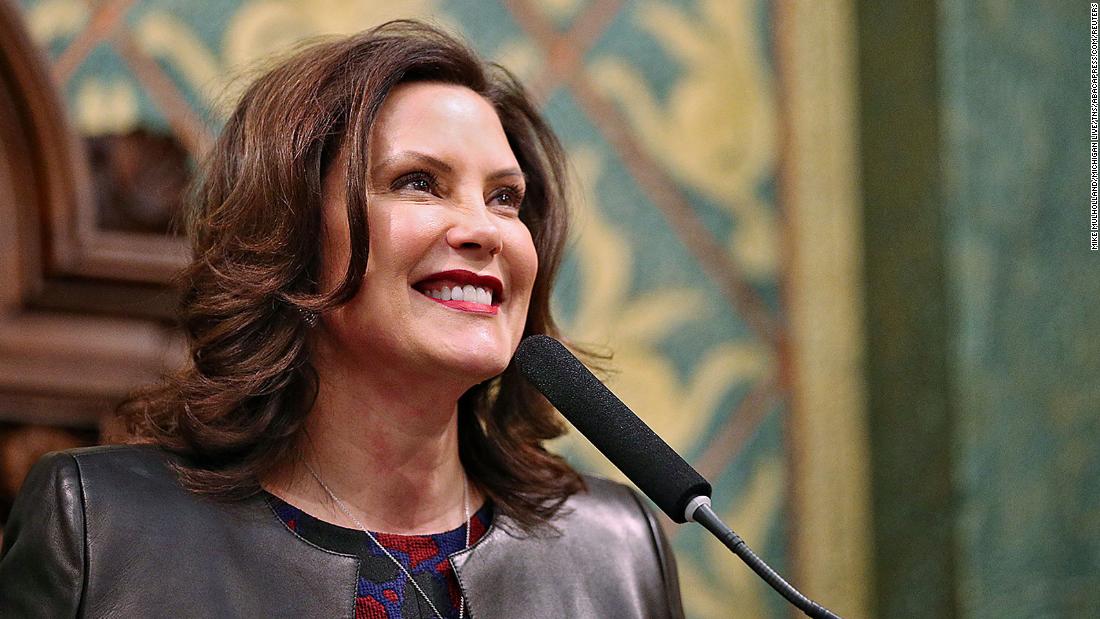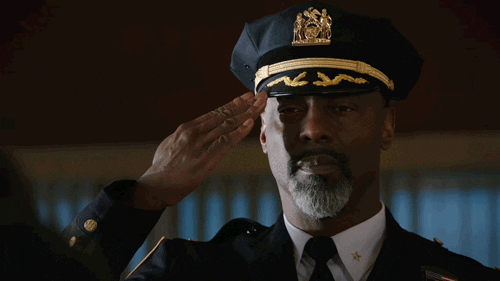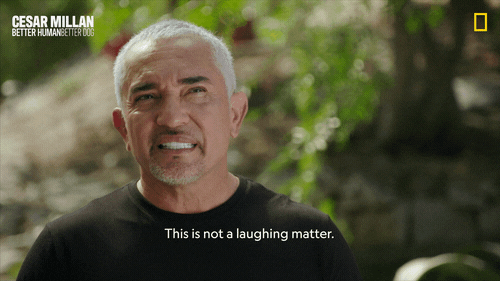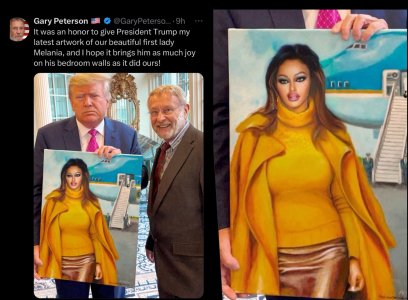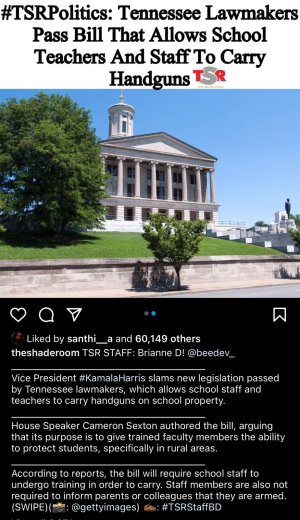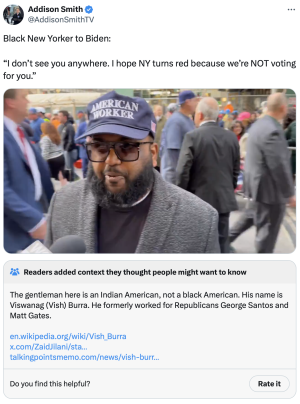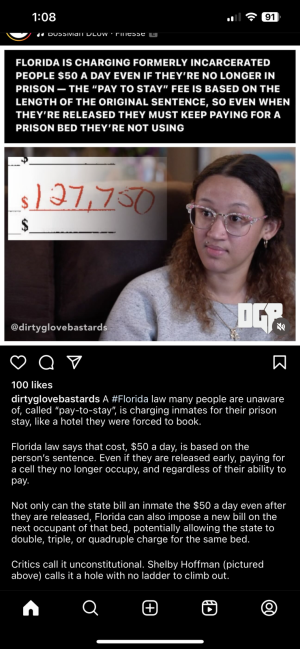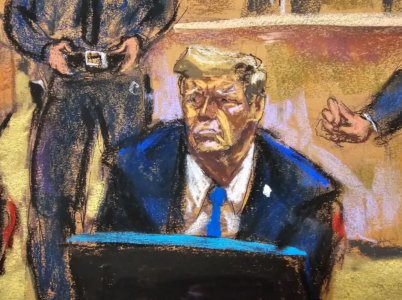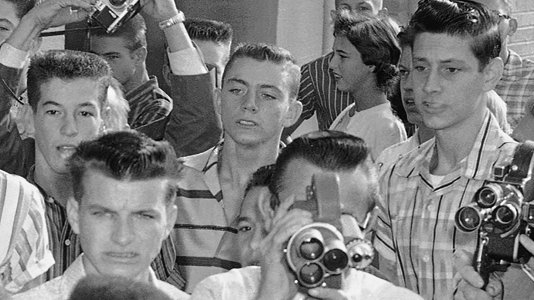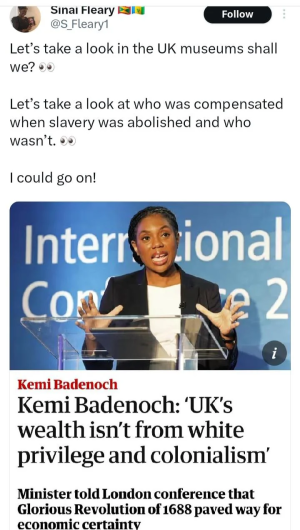- 6,745
- 11,208
- Joined
- Sep 24, 2015
I don’t even know why Lawrence or what’s his face from Ohio state would want to play.. both are locks for the top 3
trey lance and the tackle from Oregon the only players who could potentially jump them
My thinking exactly. He has ZERO to prove by playing this year. Only thing that would come from playing could be a huge injury that would cost him tens of millions of dollars! He's an idiot for even suggesting playing. Dude, just relax and get paid next April!



